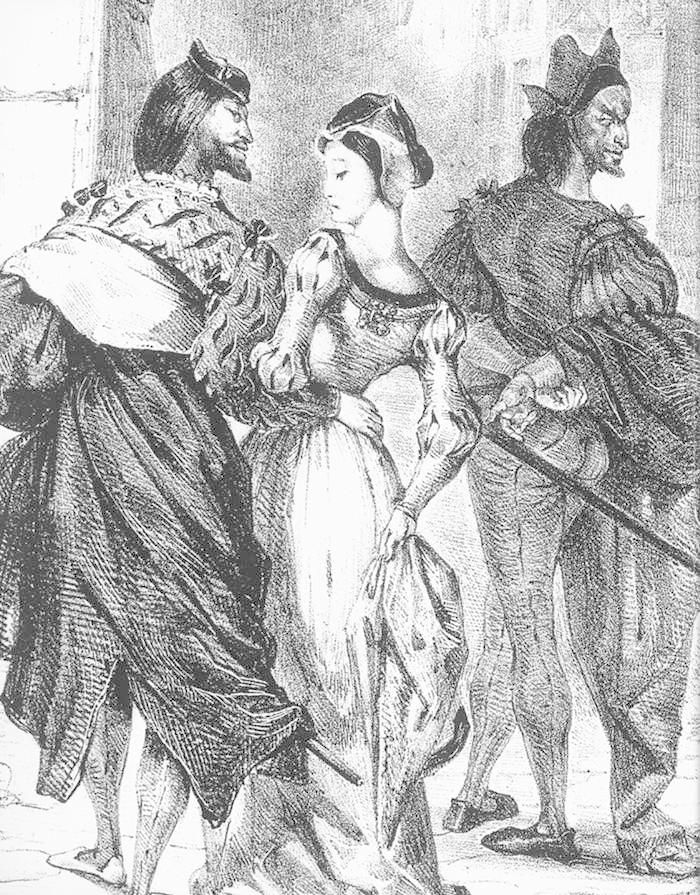
Over the weekend, I was a speaker at the Missouri Writers Guild conference (a terrific group of people and an impeccably run event). One of my sessions focused on evaluating the first page of your novel or memoir manuscript.
Here are 3 of the best exercises or tasks you might undertake when thinking about your first page and how you can improve it before sending it to agents or editors.
- What is the absolute latest moment in the manuscript you can begin your story, and still not leave out anything that’s critical to the story problem? Most manuscripts I read should really start somewhere between page 5 and page 30. Be ruthless in evaluating your opening—have you dawdled in revealing the story problem? It ought to be seeded on page 1.
- What details do NOT relate to the story problem or the protagonist? We rarely need the complete biography of your main character on the first page. Let those details emerge as the story unfolds. Don’t share the everyday, mundane details we could guess. Share the most unique, special, distinctive details—the ones that really matter to the story and character from the start. The No. 1 mistake for first pages is overwriting—or working too hard at “painting a picture.” If you load up on every single detail, how am I supposed to know which ones are important? Be selective. Be artful.
- Have you shown or described something that really ought to be quickly summarized (or “told”)? Sometimes writers go into flowery description about something that should be flat-out stated. Admittedly, this is an issue that will remain relevant on every single page of your book. Joyce Carol Oates once said, “Storytelling is shaped by two contrary, yet complementary, impulses—one toward brevity, compactness, artful omission; the other toward expansion, amplification, enrichment.” When it comes to impatient editors and agents, favor brevity and artful omission in your opening pages.
Bonus tip: Highlight every adjective, adverb, and modifying phrase. Do you need them all? Start pruning!
If you enjoyed this advice, you can check out my basic slide presentation on evaluating your first page. (If the slideshow doesn’t appear below, click here.)

Jane Friedman has spent nearly 25 years working in the book publishing industry, with a focus on author education and trend reporting. She is the editor of The Hot Sheet, the essential publishing industry newsletter for authors, and was named Publishing Commentator of the Year by Digital Book World in 2023. Her latest book is The Business of Being a Writer (University of Chicago Press), which received a starred review from Library Journal. In addition to serving on grant panels for the National Endowment for the Arts and the Creative Work Fund, she works with organizations such as The Authors Guild to bring transparency to the business of publishing.

When I sent my manuscript off to an editor, I got back the typical red ink markings on the first few pages. But at the beginning of the third scene (about 10 pages in), I had a HUGE note that said, “I strongly recommend you start the story here!”
Like most writers, I’d sweated blood over those pages. It was some of my “best writing.” But I followed her advice. Hopefully, the readers of this post will follow yours (good, as usual). Kudos, Jane.
I’m in the last stages of editing my first book. My editor has been telling me the same kinds of things, but I’m a checklist person. These three steps are so helpful!
Jane,
Excellent advice. I would add if you don’t have the resources to hire a book editor to review your MS at least hire one to look at the first 50 pages.
Great advice.
Love the Joyce Carol Oates quote!
http://www.healnowandforever.net
Thank you for sharing, Jane – especially the tip about highlighting adjectives and adverbs. My editor has really been helping me to scale back, and this advice is so valuable. Hope to see you in Muncie in July!
Great advice! Thanks for sharing!
Great advice, Jane. I just had the first five chapters of memoir collaboration cut by the publisher. I had to go back and sprinkle information crucial to the story, write new scenes, remove others.
Bottom line: I could have saved loads of time if I had started in the right place. But the revisions were worthwhile because with each round of edits, I (along with @dzmalone:twitter ) pruned adjectives, adverbs, and those pesky modifying phrases.
Great post. Valuable lessons to learn before you send that ms off!
What do you mean – phones and alarms?
When your character wakes up to a phone call or alarm clock on the first page. Or the story starts with your character being “startled” by some kind of sound.